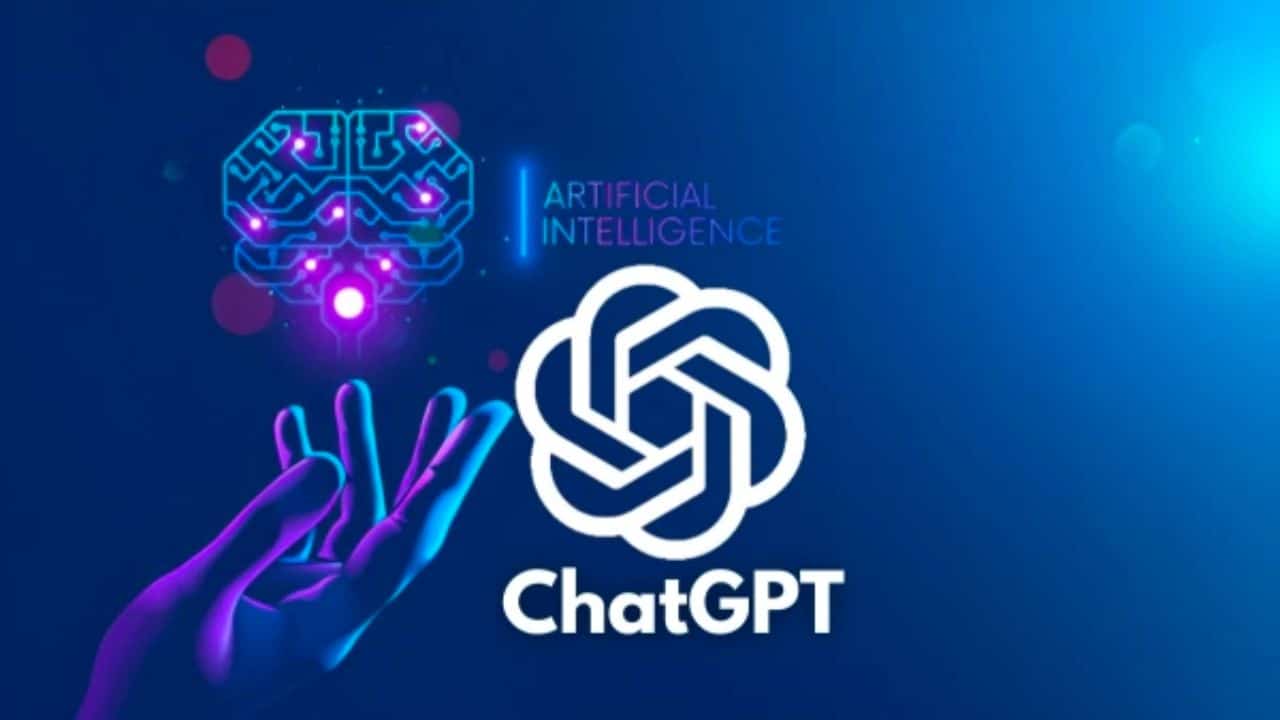In the vast landscape of writing, there exists a spectrum ranging from the traditional to the avant-garde. For centuries, writers have adhered to established conventions, following prescribed structures and styles. However, in recent years, a revolution has been brewing—a revolution led by artificial intelligence. At the forefront of this movement is chatgpt, a cutting-edge language model developed by OpenAI. In this blog post, we’ll explore how ChatGPT is breaking the chains of conventional writing and paving the way for a new era of creative expression.
The Rise of ChatGPT
ChatGPT represents a significant leap forward in natural language processing (NLP) technology. Built upon the foundations of deep learning and trained on vast datasets comprising diverse sources of text, ChatGPT possesses a remarkable ability to understand and generate human-like text. Unlike traditional writing tools, which rely on predefined rules and templates, ChatGPT operates through machine learning algorithms, allowing it to adapt and evolve based on the input it receives.
Unleashing Creativity
One of the most exciting aspects of ChatGPT is its capacity to unleash creativity. By transcending the limitations of conventional writing practices, ChatGPT empowers writers to explore new ideas, experiment with different styles, and push the boundaries of their imagination. Whether you’re crafting a novel, composing poetry, or drafting a screenplay, ChatGPT can serve as a valuable collaborator, offering inspiration and insights that may have eluded you otherwise.
Breaking Through Writer’s Block
Writer’s block is a common affliction that plagues writers of all levels. The inability to generate ideas or articulate thoughts can be frustrating and demoralizing. However, ChatGPT provides a remedy for this creative malaise. With its vast knowledge base and ability to generate text on demand, ChatGPT can help writers overcome writer’s block by providing prompts, suggesting plot twists, or even co-authoring sections of a piece. By engaging with ChatGPT, writers can reignite their creative spark and overcome obstacles that once seemed insurmountable.
Expanding Literary Horizons
In addition to assisting individual writers, ChatGPT is also reshaping the literary landscape as a whole. By democratizing access to sophisticated language generation technology, ChatGPT is leveling the playing field for aspiring writers from all backgrounds. No longer constrained by traditional publishing gatekeepers or the need for formal training, writers can now leverage ChatGPT to share their stories with the world directly. This newfound accessibility has the potential to diversify and enrich the literary canon, giving voice to marginalized perspectives and untold narratives.
Ethical Considerations
While the rise of ChatGPT heralds a new era of creative freedom, it also raises important ethical considerations. As with any powerful technology, there is the potential for misuse or unintended consequences. It’s crucial for users of ChatGPT to exercise responsibility and integrity in their interactions with the model, ensuring that the content generated is used ethically and responsibly. Additionally, ongoing research and development efforts are needed to address concerns related to bias, misinformation, and privacy in AI-generated content.
Embracing the Future
As we look to the future, it’s clear that ChatGPT and other AI-powered writing tools will continue to play a central role in shaping the way we create and consume written content. By breaking free from the constraints of conventional writing practices, ChatGPT is leading the charge towards a more open, inclusive, and dynamic literary landscape.
